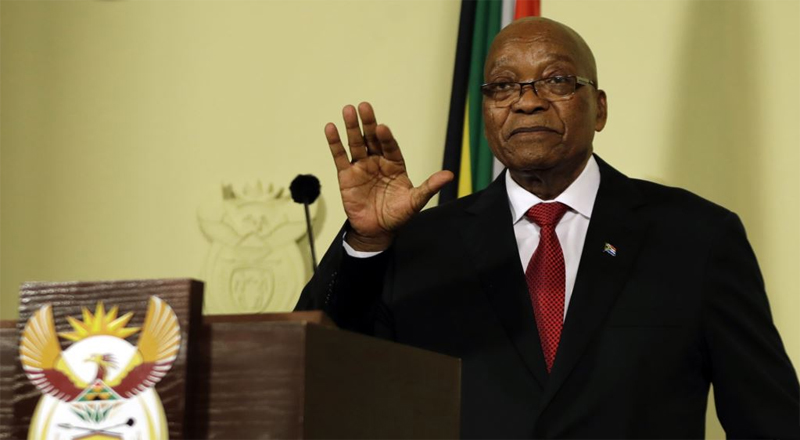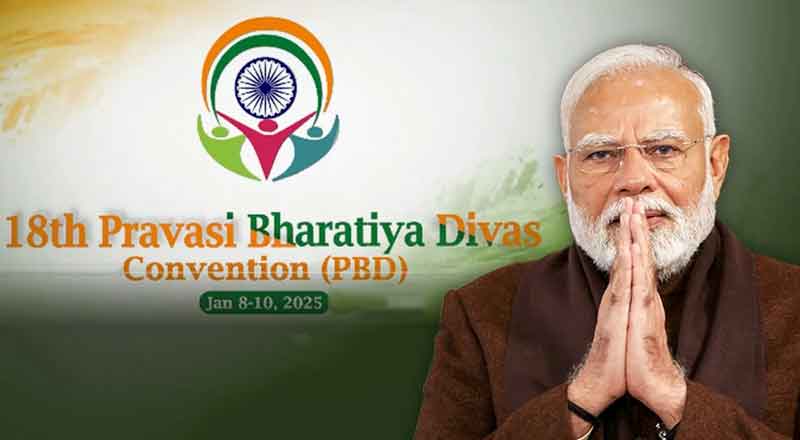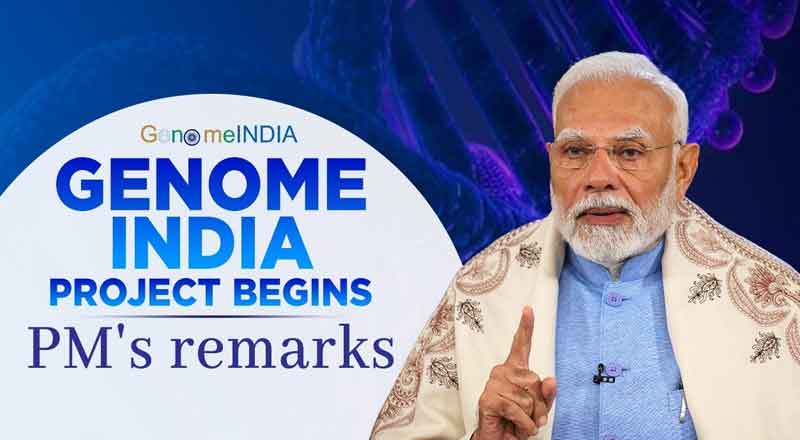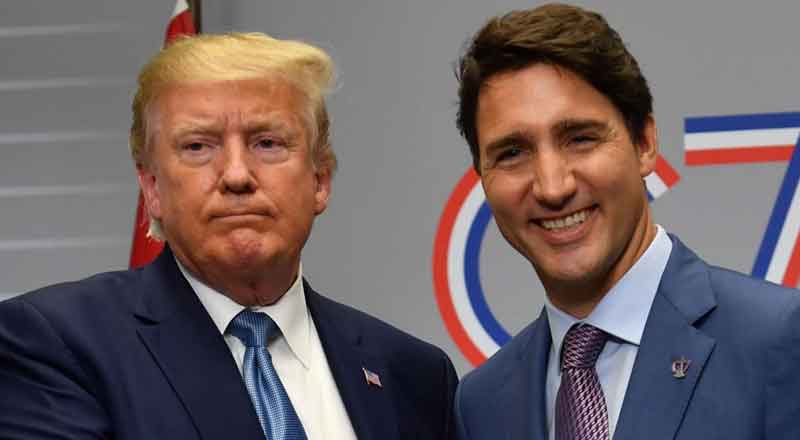One of the biggest partners of the Third World countries, “South Africa” loses its leadership with the resignation of the President Jacob Zuma on Wednesday in a televised address to the nation.
The resignation seems an imminent end to a leadership crisis in South Africa and set the stage of the president to be replaced by Deputy President Cyril ‘Ramaphosa’, who has promised a robust campaign against corruption but will quickly face pressure to produce results in a country struggling with unemployment, economic inequity and other problems.
In the same order, Ramaphosa also has the tough task of rebuilding a ruling party in the coming elections of 2019 whose moral stature has diminished since it took power at the end of White minority rule in 1994.
Speaking on his resignation, Mr Zuma said, “I have, therefore, come to the decision to resign as president of the republic with immediate effect.” He took the decision even though he disagreed with the ruling party’s demand that he should quit immediately or face a motion of no confidence in the Parliament. Mr Zuma, 75, had said he was willing to resign early from his second five-year term but wanted to stay in office for several more months. “Of course, I must accept that if my party and my compatriots wish that I be removed from office, they must exercise that right and do so in the manner prescribed by the constitution,” Mr Zuma added.
The African National Congress welcomed the resignation, expressing gratitude for Mr Zuma’s “loyal service” during his nearly 10 years as president and encouraging party members to support Mr Ramaphosa, now the country’s acting president. By the end of the week, Ramaphosa is likely to be elected president by the ANC-dominated parliament and to give a state of the nation address that had been postponed during the political turmoil.
South Africa’s biggest opposition party, the Democratic Alliance, said the ruling party must act against associates of Zuma who are also suspected of wrong doing and mismanagement.
“Zuma built a deep system of corruption that has penetrated every part of the government and the criminal prosecution system,” Democratic Alliance leader Mmusi Maimane said. “Now the country looks to Cyril Ramaphosa to save us from a man that he and the ANC protected and supported. We must never allow this to happen again,” said Maimane, who wants parliament to be dissolved so that early elections can be held.
In another scandal, South Africa’s top court ruled in 2016 that Mr Zuma violated the constitution following an investigation of multimillion-dollar upgrades to his private home using state funds. He paid back some of the money.
In 2006, while being tried on charges of raping an HIV-positive family friend, Mr Zuma was widely criticized after testifying. He took a shower after extramarital sex to lower the risk of AIDS. He was acquitted of rape. But during his tenure, he called for earlier and expanded treatment for HIV-positive South Africans that helped to curb the death rate and urged his countrymen to get tested for HIV.
The former president was defiant in a television interview earlier, saying he had done nothing wrong despite the ANC’s demand for his resignation.





